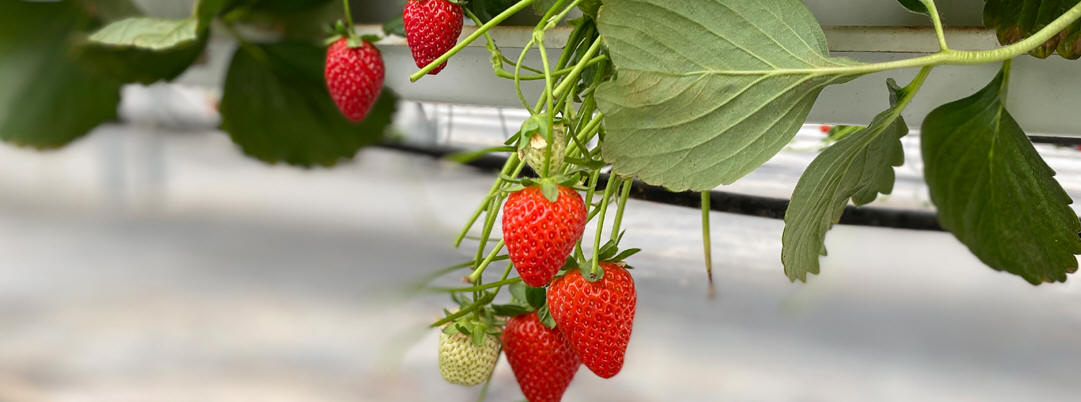
Local production is immediately competed with cheaper imports from neighboring countries. Thus, local produce is either not sold or at some instances following price drops is not even harvested. Accessing markets is a prime issue and is also said to be limited to the elite. Target markets is another determining factor for farmers; direct, local or international markets are explored. It is mentioned that losses of produce are substantial, caused by lack of mechanization, poor storage facilities & practices, harvest under unfavourable conditions and inadequate packing.
The lack of storage facilities is identified as a major challenge in the horticulture sector. In KRI, 10% of the interviewed farmers use a cold storage for their vegetables, for fruits this number is even lower. As products cannot be stored for long and safely for long periods, a lot of produce is sold on the market at harvest time. This means a peak in supply, resulting in lower prices. In addition, the loss in quality and quantity of the products results in a lower price and lower income for the farmers. Given that the KRI is a more developed and stable area compared to the rest of Iraq, it is assumed the same situation regarding post-harvest management is apparent in the Baghdad and Basra area.
In addition to supporting farmers and companies in cultivation management, the IHD program will tackle knowledge gaps in postharvest systems and develop action plans for improving the value chains for two or three main horticulture products. The main elements that have contributed to broken and deteriorated conditions of the value chains are:
Lack of farmer confidence in the system
Insufficient public incentives
Lack of financing for expanding product base and investing in technology improvements
Inaccessibility of proper cold storage that maintains the quality of produce and proper packaging practices
In that respect, the project activities will tackle market value chains and develop recommendations on best models for farmer-market linkages, improve postharvest management practices to enhance the quality of yields and create market linkages to optimize the sector's post-harvest value chains. Improved postharvest management will bring immediate benefits to farmers by increasing their revenue base from existing production systems and enabling them to obtain a bigger share of existing market systems. The IHD postharvest interventions will aim to:
Develop postharvest practices that are tailored to growers� needs.
Promote innovative approaches of organization and management structures for postharvest systems.
Work with the participating farmers in greenhouse systems to ensure quality improvements of their crops.
Sharpen the technical skills of postharvest value chains.
Create job opportunities for both men and women in the postharvest value chain with businesses currently operating the systems and other facilities.
To date, the IHD team has assessed a few operating postharvest systems in KRI and will assess additional postharvest facilities in central and southern Iraq. The facilities are evaluated based on available machinery and infrastructure, capacities, technologies, services, export produce, marketing channels, gaps and limitations.
Additionally, the team will start assessing local farmers and community groups for support eligibility. These individuals will be categorized as follows:
Small farmers targeting traditional supply channels
Medium farmers targeting niche export markets
Big farmers operating production facilities

